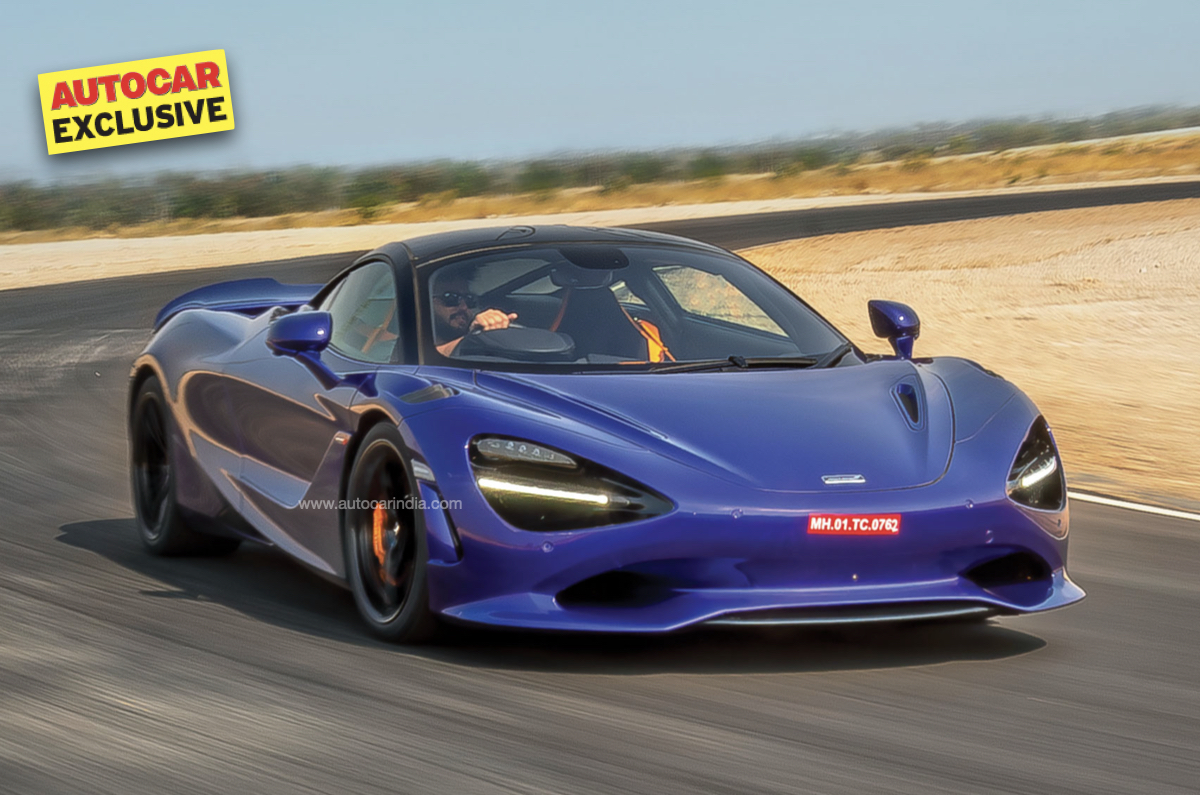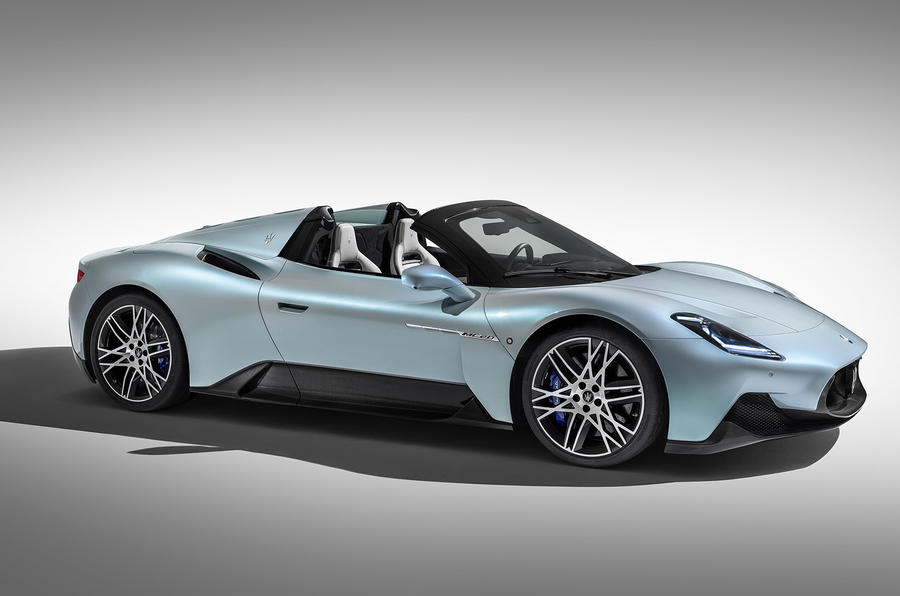Aston Martin has cited low demand for EVs and has confirmed plans for a range of plug-in hybrids.
Aston Martin has postponed the launch of its first electric car from 2025 to 2026, due to low consumer demand. The company was scheduled to launch a high-riding, four-wheel-drive electric GT next year, but chairman Lawrence Stroll has told reporters that “consumer demand is not what we thought it was two years ago”, when the plans were first outlined.
- Of 4 Aston Martin EVs designed, first will launch a year later than planned
- Plug-in hybrids to be used as ‘bridging’ technology on transition to EVs
- To use powertrains and batteries supplied by EV maker Lucid
Stroll has confirmed that Aston Martin has designed 4 EVs but stopped short of confirming whether they're envisioned as direct replacements for the current line-up, which comprises 3 front-engined sports cars and the DBX SUV. "At this point, we're not willing to let the cat out of the bag regarding exactly what the BEVs are," Stroll said, refusing to be drawn on which segments Aston plans to launch EVs in.
Confirming that the first will now arrive a year later than planned, he said, “We believe that the consumer demand is not at the pace that analysts and politicians thought. We also do believe it will be there in the future; it's not going away. We just think there's a slight delay to the project.”
As it transitions from pure-ICE to a pure-EV line-up, Aston Martin will use plug-in hybrid powertrains as a "bridging" technology for its customers. The British brand's first PHEV is the mid-engined Valhalla supercar, due to be launched in the final quarter of this year with an electrified V8 arrangement supplied by Mercedes-AMG.
“What we are feeling is that there are people who still want some electrification to drive around in the city for 8, 16 or 24km on electric power but still have the sports car smell, feel and noise when you get out onto the autoroute,” said Stroll. “That's why we think hybrid [technology] is going to have a very long life, particularly for a company like us: it's about delivering thrills and excitement to the driving experience.”
For its fully electric cars, Aston Martin will use powertrains and batteries supplied by American EV maker Lucid, with which it inked a GBP 182 million (about Rs 1,930 crore) supply deal last year.
The EVs will use 4 motors – 2 on the front axle – for a combined output of up to 1500hp, Aston Martin has previously confirmed, and will be powered by Lucid cells and modules arranged into a battery pack of its own design. The architecture on which they will be based is being designed to last well into next decade, with the flexibility to accommodate both ground-hugging sports cars and higher-slung SUVs.
The first is tipped to sit somewhere between those two formats, similar in footprint to the Porsche Taycan but with a loftier silhouette. Stroll's commentary on EV demand mirrors that from Ineos founder Sir Jim Ratcliffe, who said that “consumers should have a choice”. He added that “we can't force them” and that “at the moment, they're voting with their feet and not buying [EVs]”.
Speaking at the unveiling of the Fusilier 4x4, Ineos Automotive CEO Lynn Calder elaborated, “We were swayed by the turn of the tide and buyers voting with their feet. We recognise not all buyers want EVs; there’s a use case for them for sure, but we wouldn’t be surprised if it ended up at 25-20 percent [of the market], rather than 100 percent.”
Aston Martin in India
The British brand currently has the Vantage and DBX SUV on sale, and has recently introduced the DB12 at Rs 4.59 crore (ex-showroom, India) before options.
Also see:
Aston Martin DB12 video review

 1 month ago
20
1 month ago
20








 English (US)
English (US)